CALLS TO OVERHAUL NATION'S HEALTHCARE SYSTEM
입력 2020.05.22 (15:10)
수정 2020.05.22 (16:46)
읽어주기 기능은 크롬기반의
브라우저에서만 사용하실 수 있습니다.
[Anchor Lead]
As concerns about a new wave of coronavirus infections continue to rise, some are calling for overhauling the nation's healthcare system to enhance its ability to respond to pandemics. Experts point out that the nation needs an entity to oversee the treatment of critical patients and that public healthcare should be improved as well.
[Pkg]
So far, the COVID-19 mortality rate in South Korea has been known to be 2.3 percent.
Relatively low compared to other countries. This means 23 out of a thousand patients in the nation died from the virus. KBS obtained a report on ways to overhaul the country's healthcare system. The reality described in it is quite different. Korea is less vulnerable to the pandemic compared to European countries with large senior populations because its aging process is still in the early stage. If Korea's age structure is adjusted, its mortality rate from COVID-19 rises from 2.3 percent to 2.8 percent. In other words, the mortality rate is higher than that of Portugal, Germany and Sweden.
[Soundbite] KIM YOON(PROF., SEOUL NATIONAL UNIVERSITY COLLEGE OF MEDICINE) : "Given a high mortality rate among the elderly, the age structure must be adjusted for comparison with other countries. It shows Korea's mortality rate is not that low compared to European nations."
Medical experts point out Korea failed to lower its mortality rate further due to the lack of a system that can sort patients and share medical resources effectively during the outbreak.
[Soundbite] PARK EUN-CHEOL(PROF., YONSEI UNIVERSITY COLLEGE OF MEDICINE) : "We need an entity to determine which patients should be hospitalized at ICUs and which at quarantine centers. We must also secure core facilities in advance."
On February 26, when hundreds of cases were detected in Daegu, authorities had trouble finding available hospital beds for COVID-19 patients among some 10,000 beds at ICUs nationwide. One of the most urgent tasks now, is setting up an entity in charge of overseeing critically ill patients with infectious diseases.
[Soundbite] HONG SUNG-JIN(CHAIRMAN, KOREAN SOCIETY OF CRITICAL CARE MEDICINE) : "We must know exactly how many hospital beds are available for critically ill patients and which hospitals can accept them when they seek treatment."
It's also important to increase the number of public medical centers that can act as the first line of defense during infectious disease outbreaks.
[Soundbite] KIM CHANG-YEOP(PROF., SEOUL NATIONAL UNIVERSITY) : "There should be one public medical center with about 300 hospital beds for every 200,000 to 300,000 citizens."
South Korea has successfully warded off the first wave of the pandemic. But many believe the country must overhaul its healthcare system to prepare for a second wave and save lives.
As concerns about a new wave of coronavirus infections continue to rise, some are calling for overhauling the nation's healthcare system to enhance its ability to respond to pandemics. Experts point out that the nation needs an entity to oversee the treatment of critical patients and that public healthcare should be improved as well.
[Pkg]
So far, the COVID-19 mortality rate in South Korea has been known to be 2.3 percent.
Relatively low compared to other countries. This means 23 out of a thousand patients in the nation died from the virus. KBS obtained a report on ways to overhaul the country's healthcare system. The reality described in it is quite different. Korea is less vulnerable to the pandemic compared to European countries with large senior populations because its aging process is still in the early stage. If Korea's age structure is adjusted, its mortality rate from COVID-19 rises from 2.3 percent to 2.8 percent. In other words, the mortality rate is higher than that of Portugal, Germany and Sweden.
[Soundbite] KIM YOON(PROF., SEOUL NATIONAL UNIVERSITY COLLEGE OF MEDICINE) : "Given a high mortality rate among the elderly, the age structure must be adjusted for comparison with other countries. It shows Korea's mortality rate is not that low compared to European nations."
Medical experts point out Korea failed to lower its mortality rate further due to the lack of a system that can sort patients and share medical resources effectively during the outbreak.
[Soundbite] PARK EUN-CHEOL(PROF., YONSEI UNIVERSITY COLLEGE OF MEDICINE) : "We need an entity to determine which patients should be hospitalized at ICUs and which at quarantine centers. We must also secure core facilities in advance."
On February 26, when hundreds of cases were detected in Daegu, authorities had trouble finding available hospital beds for COVID-19 patients among some 10,000 beds at ICUs nationwide. One of the most urgent tasks now, is setting up an entity in charge of overseeing critically ill patients with infectious diseases.
[Soundbite] HONG SUNG-JIN(CHAIRMAN, KOREAN SOCIETY OF CRITICAL CARE MEDICINE) : "We must know exactly how many hospital beds are available for critically ill patients and which hospitals can accept them when they seek treatment."
It's also important to increase the number of public medical centers that can act as the first line of defense during infectious disease outbreaks.
[Soundbite] KIM CHANG-YEOP(PROF., SEOUL NATIONAL UNIVERSITY) : "There should be one public medical center with about 300 hospital beds for every 200,000 to 300,000 citizens."
South Korea has successfully warded off the first wave of the pandemic. But many believe the country must overhaul its healthcare system to prepare for a second wave and save lives.
■ 제보하기
▷ 카카오톡 : 'KBS제보' 검색, 채널 추가
▷ 전화 : 02-781-1234, 4444
▷ 이메일 : kbs1234@kbs.co.kr
▷ 유튜브, 네이버, 카카오에서도 KBS뉴스를 구독해주세요!
- CALLS TO OVERHAUL NATION'S HEALTHCARE SYSTEM
-
- 입력 2020-05-22 15:10:28
- 수정2020-05-22 16:46:47
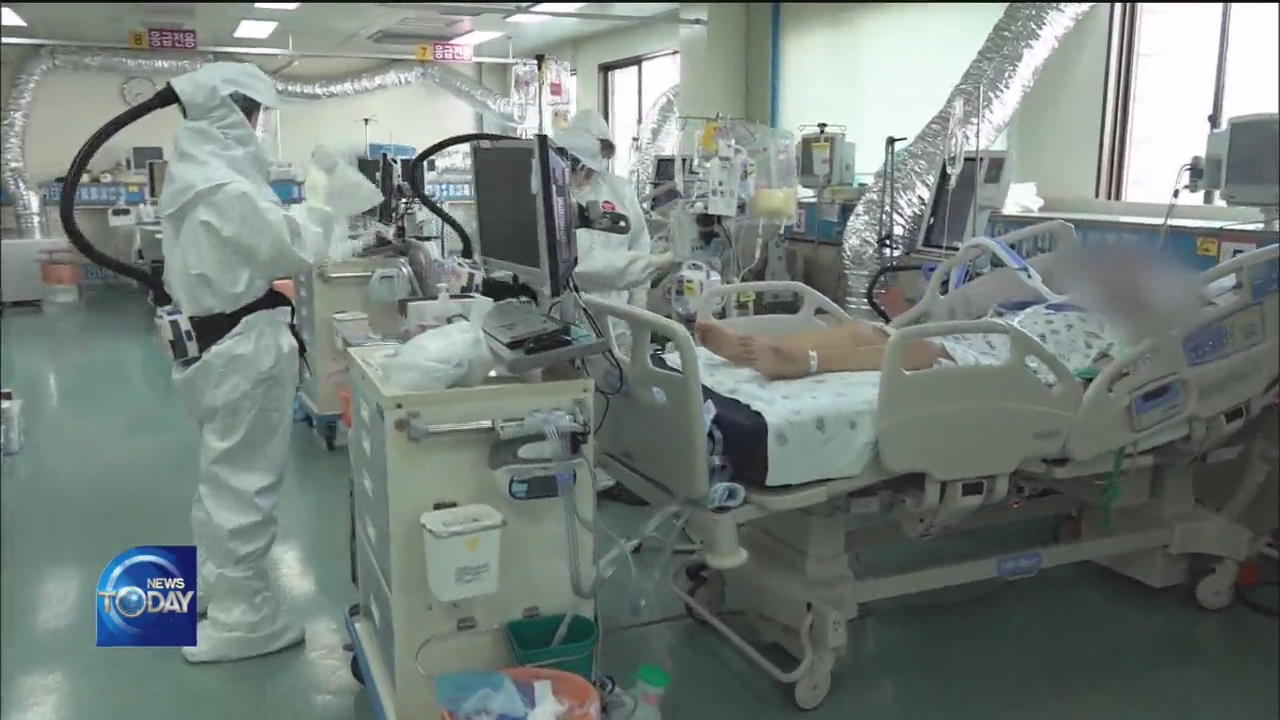
[Anchor Lead]
As concerns about a new wave of coronavirus infections continue to rise, some are calling for overhauling the nation's healthcare system to enhance its ability to respond to pandemics. Experts point out that the nation needs an entity to oversee the treatment of critical patients and that public healthcare should be improved as well.
[Pkg]
So far, the COVID-19 mortality rate in South Korea has been known to be 2.3 percent.
Relatively low compared to other countries. This means 23 out of a thousand patients in the nation died from the virus. KBS obtained a report on ways to overhaul the country's healthcare system. The reality described in it is quite different. Korea is less vulnerable to the pandemic compared to European countries with large senior populations because its aging process is still in the early stage. If Korea's age structure is adjusted, its mortality rate from COVID-19 rises from 2.3 percent to 2.8 percent. In other words, the mortality rate is higher than that of Portugal, Germany and Sweden.
[Soundbite] KIM YOON(PROF., SEOUL NATIONAL UNIVERSITY COLLEGE OF MEDICINE) : "Given a high mortality rate among the elderly, the age structure must be adjusted for comparison with other countries. It shows Korea's mortality rate is not that low compared to European nations."
Medical experts point out Korea failed to lower its mortality rate further due to the lack of a system that can sort patients and share medical resources effectively during the outbreak.
[Soundbite] PARK EUN-CHEOL(PROF., YONSEI UNIVERSITY COLLEGE OF MEDICINE) : "We need an entity to determine which patients should be hospitalized at ICUs and which at quarantine centers. We must also secure core facilities in advance."
On February 26, when hundreds of cases were detected in Daegu, authorities had trouble finding available hospital beds for COVID-19 patients among some 10,000 beds at ICUs nationwide. One of the most urgent tasks now, is setting up an entity in charge of overseeing critically ill patients with infectious diseases.
[Soundbite] HONG SUNG-JIN(CHAIRMAN, KOREAN SOCIETY OF CRITICAL CARE MEDICINE) : "We must know exactly how many hospital beds are available for critically ill patients and which hospitals can accept them when they seek treatment."
It's also important to increase the number of public medical centers that can act as the first line of defense during infectious disease outbreaks.
[Soundbite] KIM CHANG-YEOP(PROF., SEOUL NATIONAL UNIVERSITY) : "There should be one public medical center with about 300 hospital beds for every 200,000 to 300,000 citizens."
South Korea has successfully warded off the first wave of the pandemic. But many believe the country must overhaul its healthcare system to prepare for a second wave and save lives.
As concerns about a new wave of coronavirus infections continue to rise, some are calling for overhauling the nation's healthcare system to enhance its ability to respond to pandemics. Experts point out that the nation needs an entity to oversee the treatment of critical patients and that public healthcare should be improved as well.
[Pkg]
So far, the COVID-19 mortality rate in South Korea has been known to be 2.3 percent.
Relatively low compared to other countries. This means 23 out of a thousand patients in the nation died from the virus. KBS obtained a report on ways to overhaul the country's healthcare system. The reality described in it is quite different. Korea is less vulnerable to the pandemic compared to European countries with large senior populations because its aging process is still in the early stage. If Korea's age structure is adjusted, its mortality rate from COVID-19 rises from 2.3 percent to 2.8 percent. In other words, the mortality rate is higher than that of Portugal, Germany and Sweden.
[Soundbite] KIM YOON(PROF., SEOUL NATIONAL UNIVERSITY COLLEGE OF MEDICINE) : "Given a high mortality rate among the elderly, the age structure must be adjusted for comparison with other countries. It shows Korea's mortality rate is not that low compared to European nations."
Medical experts point out Korea failed to lower its mortality rate further due to the lack of a system that can sort patients and share medical resources effectively during the outbreak.
[Soundbite] PARK EUN-CHEOL(PROF., YONSEI UNIVERSITY COLLEGE OF MEDICINE) : "We need an entity to determine which patients should be hospitalized at ICUs and which at quarantine centers. We must also secure core facilities in advance."
On February 26, when hundreds of cases were detected in Daegu, authorities had trouble finding available hospital beds for COVID-19 patients among some 10,000 beds at ICUs nationwide. One of the most urgent tasks now, is setting up an entity in charge of overseeing critically ill patients with infectious diseases.
[Soundbite] HONG SUNG-JIN(CHAIRMAN, KOREAN SOCIETY OF CRITICAL CARE MEDICINE) : "We must know exactly how many hospital beds are available for critically ill patients and which hospitals can accept them when they seek treatment."
It's also important to increase the number of public medical centers that can act as the first line of defense during infectious disease outbreaks.
[Soundbite] KIM CHANG-YEOP(PROF., SEOUL NATIONAL UNIVERSITY) : "There should be one public medical center with about 300 hospital beds for every 200,000 to 300,000 citizens."
South Korea has successfully warded off the first wave of the pandemic. But many believe the country must overhaul its healthcare system to prepare for a second wave and save lives.
이 기사가 좋으셨다면
-
좋아요
0
-
응원해요
0
-
후속 원해요
0










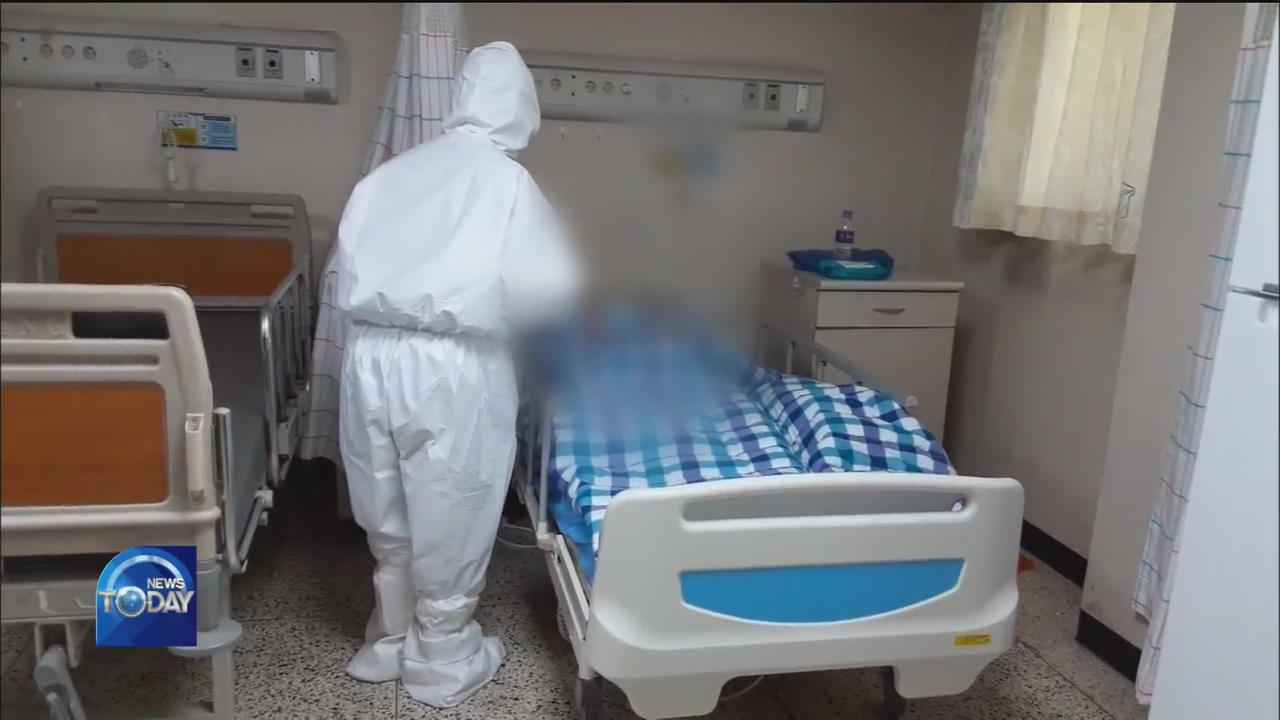


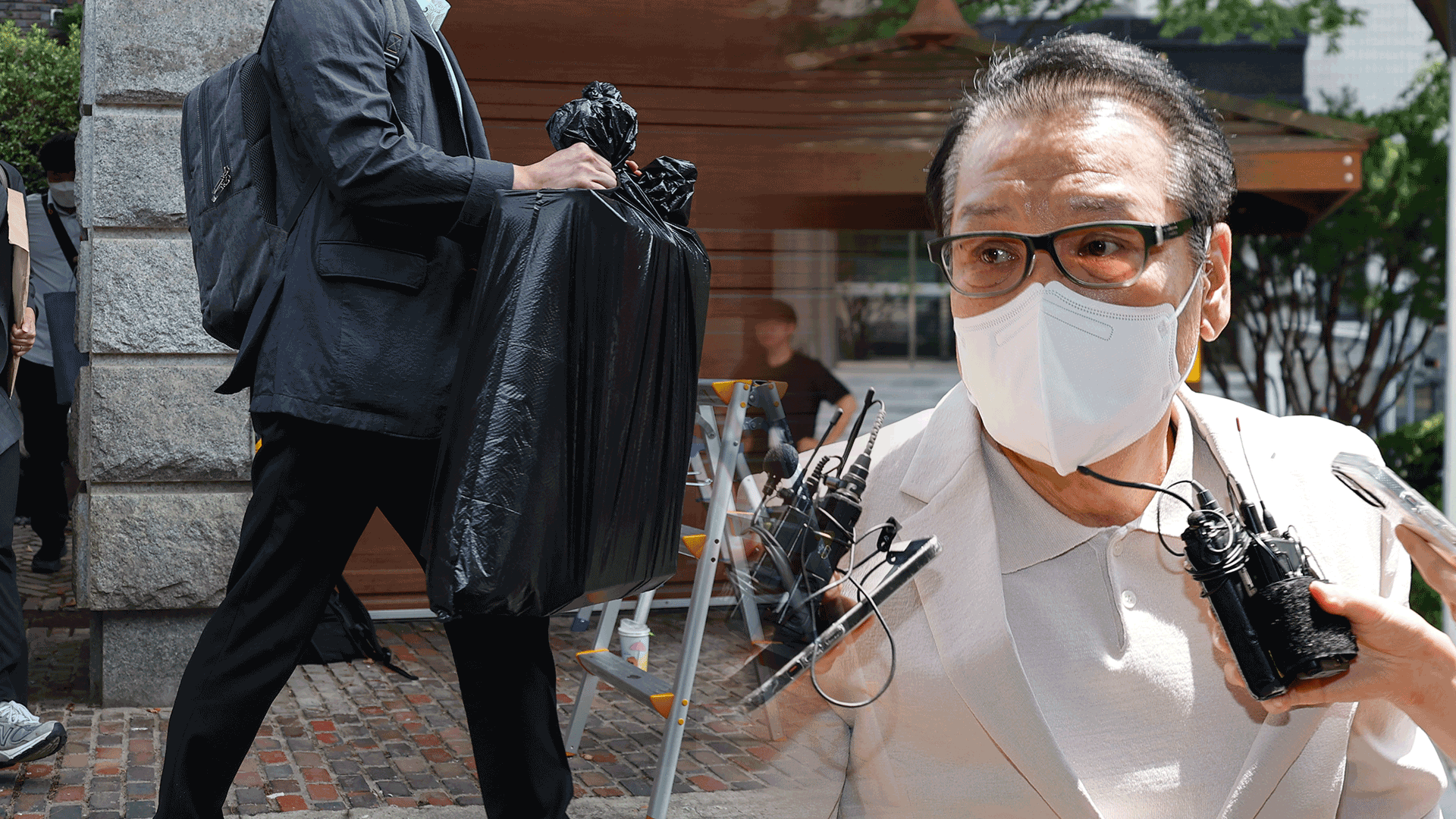
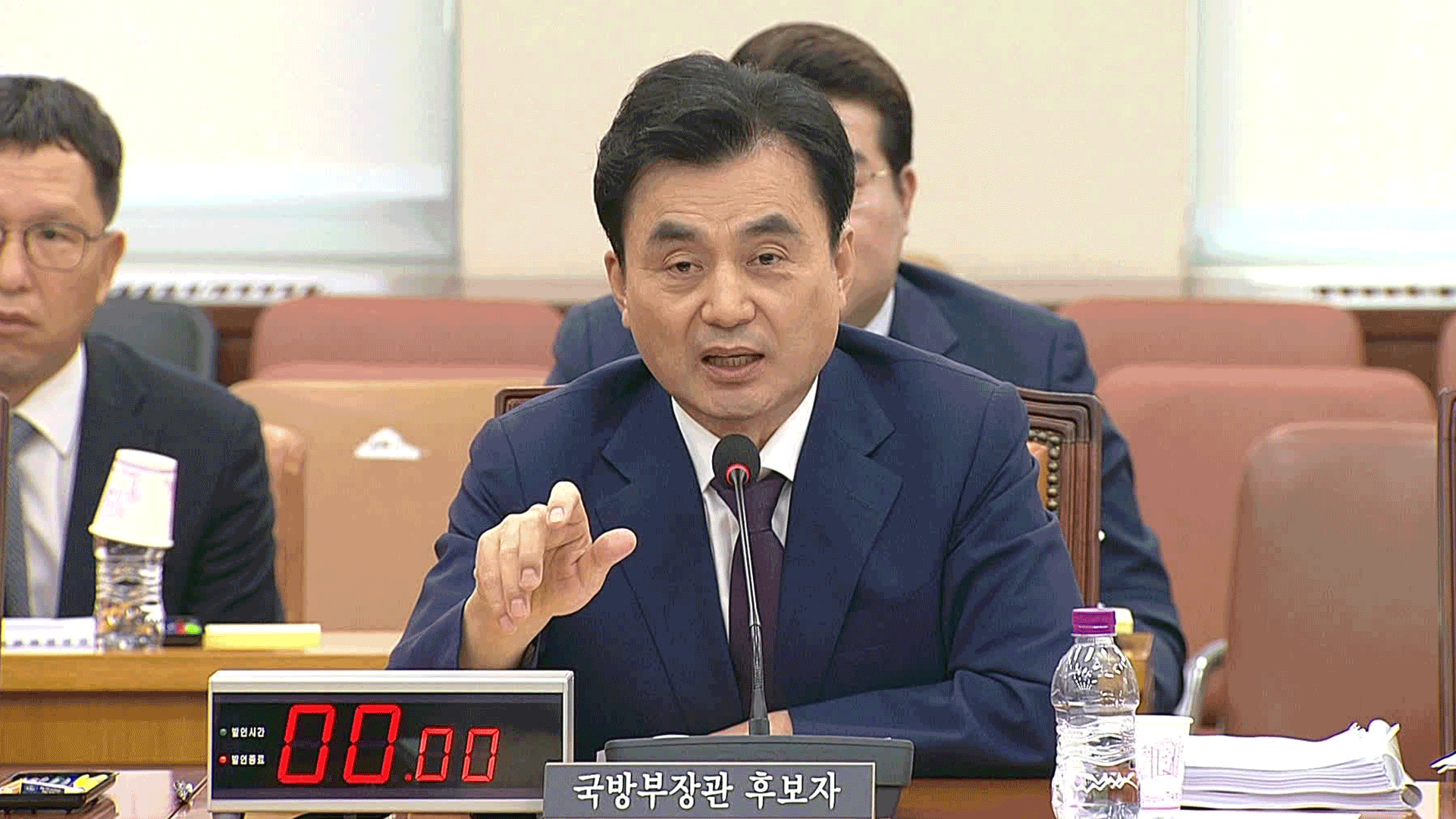
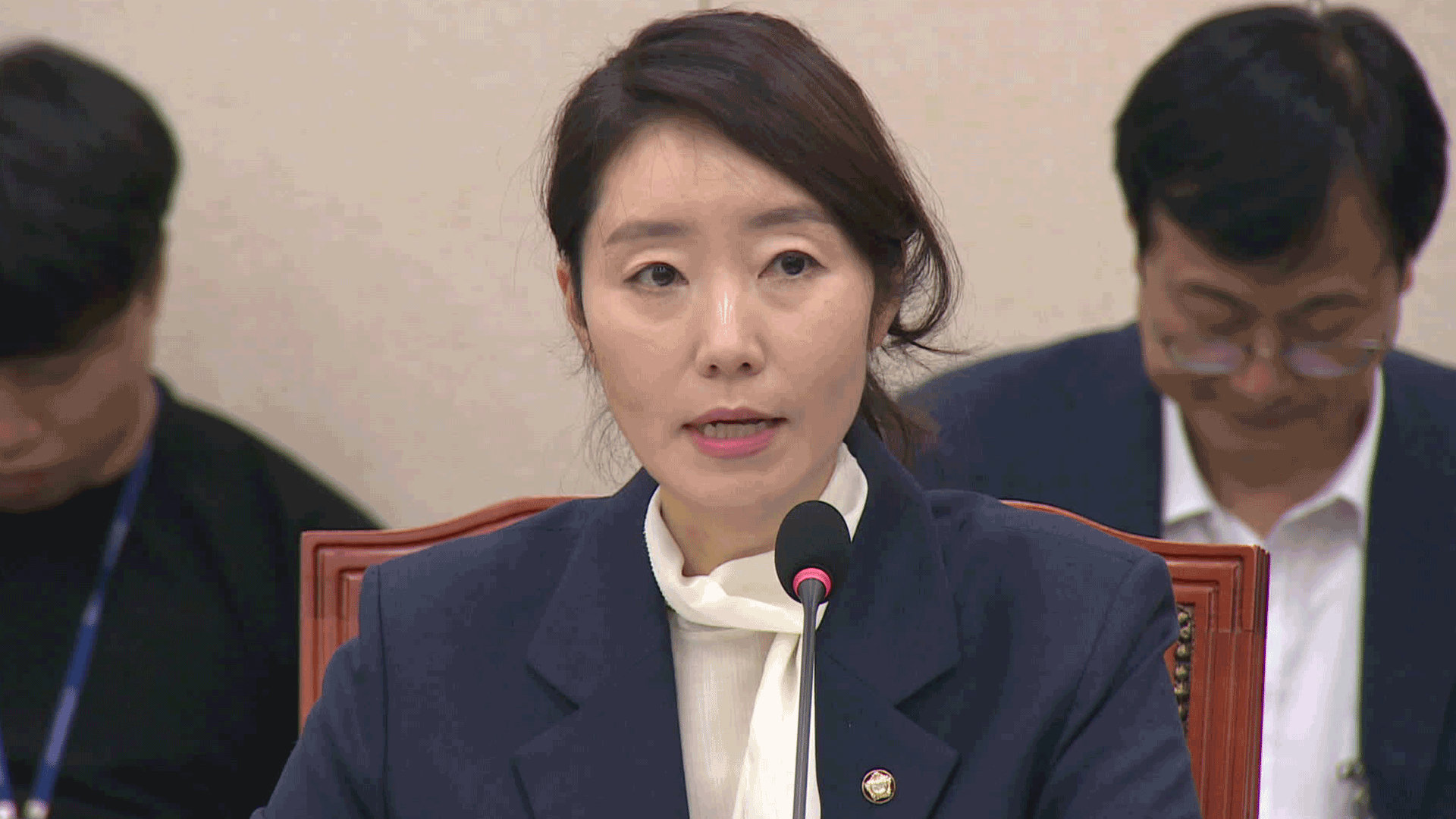

이 기사에 대한 의견을 남겨주세요.